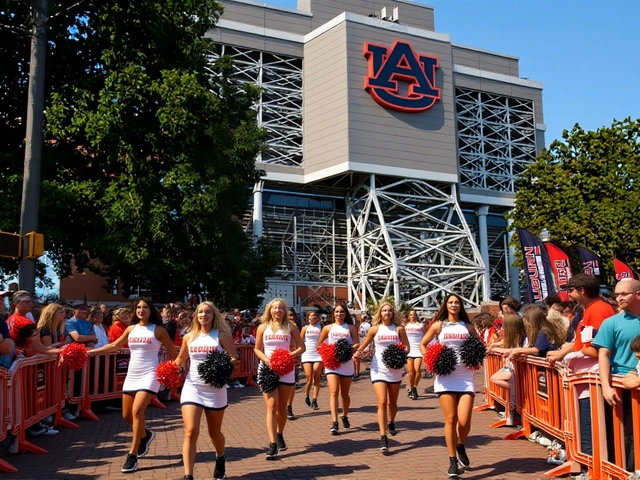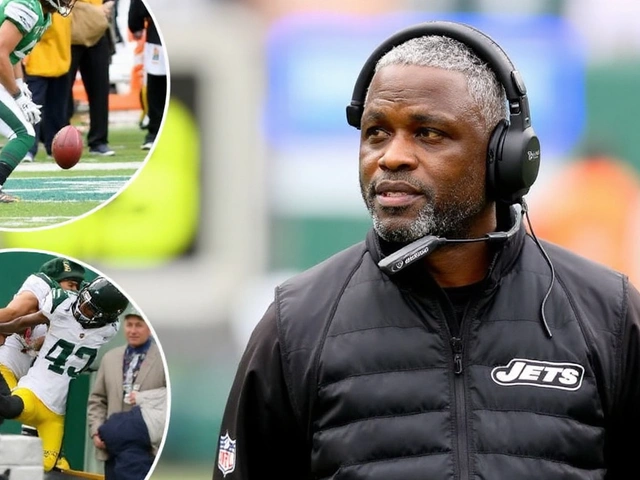Spectator Motivation: What Keeps Fans Coming Back?
Ever wonder why you’ll watch a game even when you’re late for work or have a mountain of chores? It’s not just the score‑board. A mix of feelings, social pressure, and personal identity pushes you into the stadium or onto the couch. Let’s break down the key triggers that make watching sports feel essential.
The Emotional Pull of Competition
First off, sports deliver raw adrenaline. A last‑minute goal, a knockout punch, or a sudden upset spikes your heart rate and releases dopamine – the brain’s happy chemical. This rush is addictive; your brain learns to crave that moment of uncertainty and payoff. Even a predictable win can feel satisfying because it confirms your belief in a team or athlete.
Rivalries crank the intensity up a notch. When two historic foes clash, every play feels personal. Fans remember past slights, legends, and championships, turning each encounter into a story you can’t afford to miss. That narrative weight makes the experience feel larger than a single game.
Another hidden driver is the “hero myth.” You project qualities like toughness, skill, or perseverance onto players and cheer for them as if they were your own extensions. When a favorite athlete overcomes adversity, you feel the victory on a personal level. This emotional identification fuels loyalty and repeat viewership.
Community, Identity, and the Social Side
Watching sports isn’t a solo act for most people. It’s a shared ritual that builds bonds. Whether you’re in a noisy bar, a family living room, or a packed arena, the collective energy amplifies the excitement. You laugh, shout, and sometimes scream together – that communal vibe creates a sense of belonging you can’t get from a movie.
Fans also use teams as extensions of their identity. Your hometown, school, or cultural background often ties you to a particular club. Wearing the colors or chanting the anthem signals who you are to the world. This social signaling satisfies a deep need to belong to a group.
Social media has turned spectators into content creators. Live tweets, memes, and post‑game analysis let you stay engaged long after the final whistle. The ability to discuss, argue, and celebrate with strangers or friends adds a layer of participation that goes beyond passive watching.
Finally, habit plays a quiet but strong role. Weekly matches become appointments you schedule like any other commitment. Missing a game feels like missing a family gathering – it disrupts the rhythm you’ve built around the sport.
Understanding these motivations can help you enjoy games more consciously. Next time you grab a snack before a match, notice which trigger pulls you in – the thrill of the unknown, the bond with fellow fans, or the pride of representing your team. Knowing the why makes the experience richer, and you’ll likely stay glued to the action for many seasons to come.





